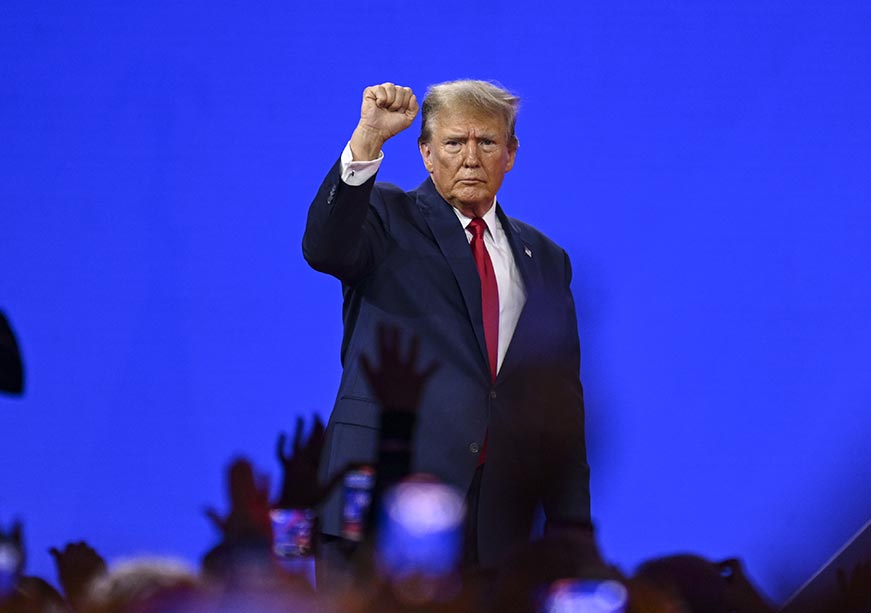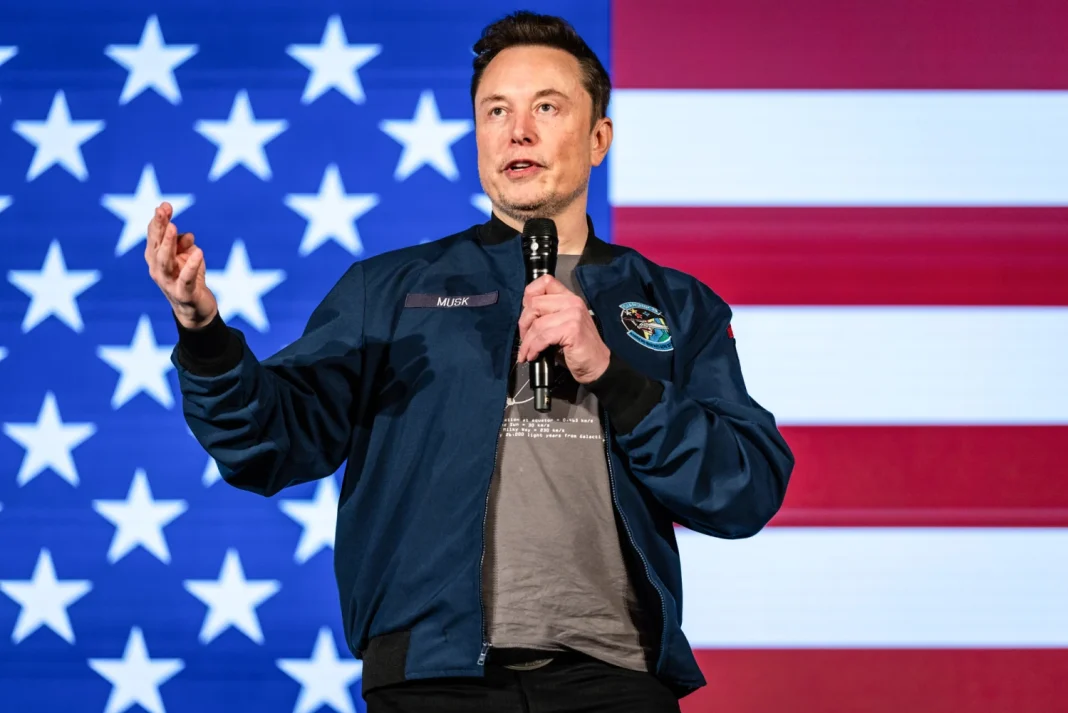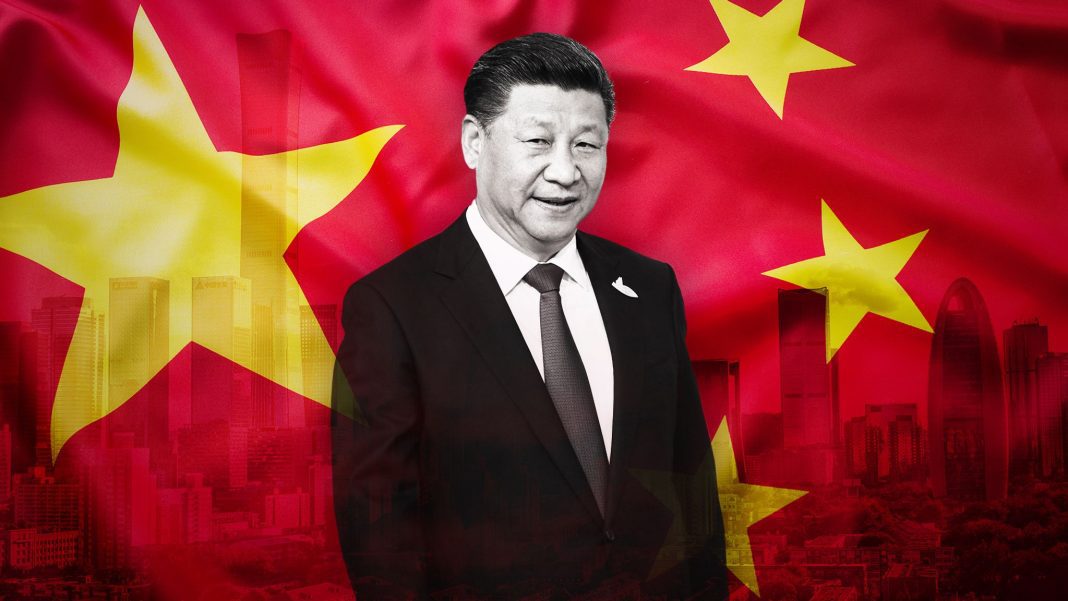President Donald Trump has approved the sale of Nvidia’s H20 AI chips to China, reversing prior export restrictions. The decision follows a “little deal” struck during a meeting between Trump and Nvidia CEO Jensen Huang. Now, Nvidia (and AMD) must pay 15 % of their revenue from chip sales to China to the U.S. government in exchange for export licenses. Trump initially demanded a 20 % cut, later negotiating it down to 15 %
Why This Deal Stands Out
- Unprecedented Revenue Share Arrangement
Analysts see this as a highly unusual move—essentially an export tax or license fee—raising concerns about legality and precedent - Limited “Obsolete” Chips Allowed
The chips being exported, such as Nvidia’s H20 and AMD’s MI308, are not the most advanced models. The U.S. framed this as selling “obsolete” or less capable chips instead of its top-tier technology The Times of India - Transaction Over Policy
Critics argue that turning national security control into a transactional agreement undermines the integrity of export policy and international credibility
Strategic Implications
- Bolstered Revenue Access
The approval opens up the lucrative Chinese market for Nvidia and AMD, potentially boosting AI infrastructure growth and increasing revenues - National Security Risk
Security experts warn that easing chip restrictions could accelerate China’s AI development capabilities, inching it closer to U.S. strategic parity - Diplomatic and Trade Dynamics
The arrangement aligns with broader trade negotiations, including rare earth magnet exports. Yet it also highlights internal inconsistency in U.S. policy toward China
Summary
President Trump’s decision to allow Nvidia and AMD to sell certain AI chips to China under a scheme requiring a 15 % revenue share marks a bold, controversial move. It blends trade policy with national security and economic leverage—raising legal, ethical, and strategic questions. The agreement makes immediate business sense for the companies involved, but its broader implications could reshape how export controls and big-tech governance operate in a geopolitically tense era.



